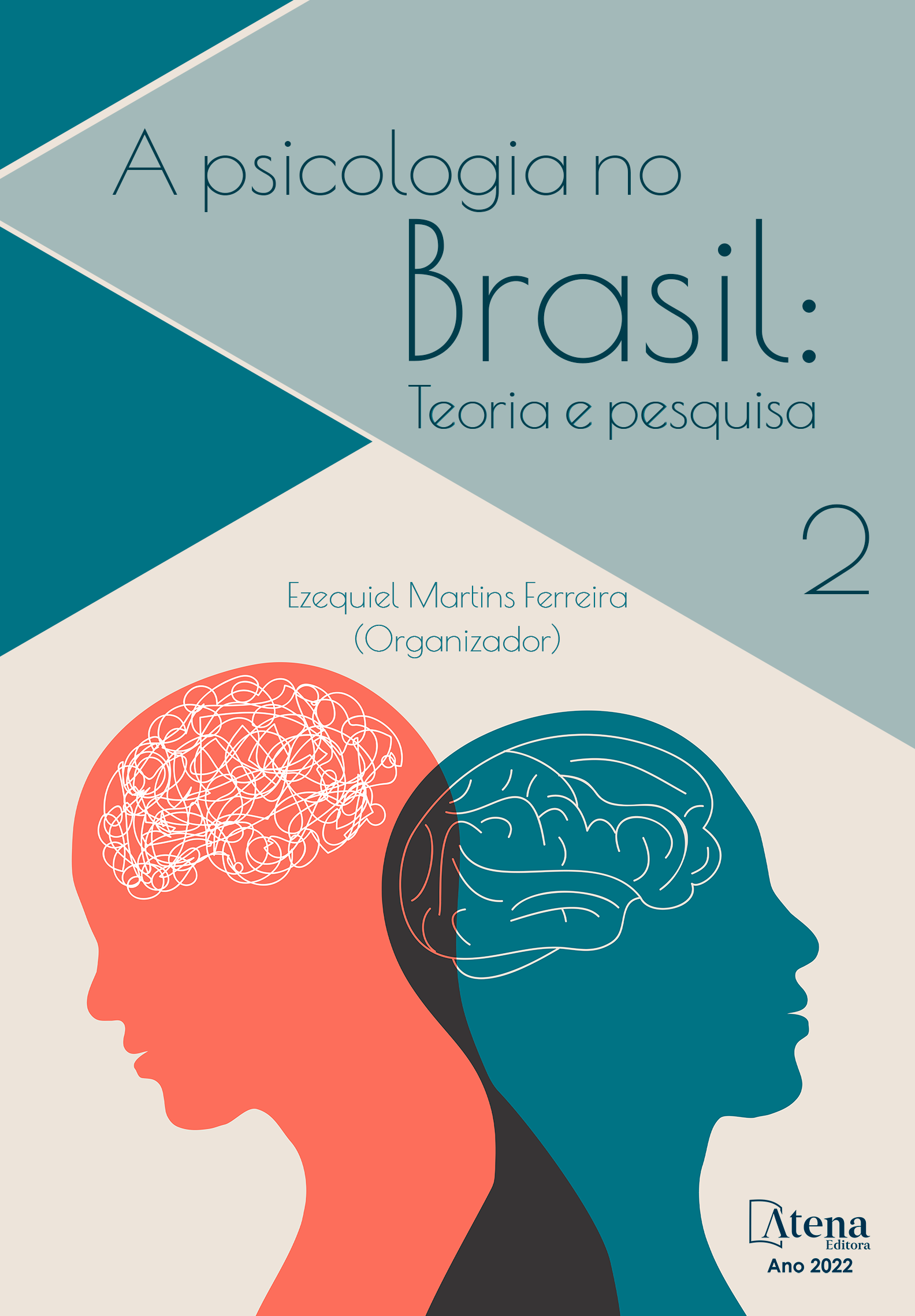
IMPACTOS DA PANDEMIA NA SAÚDE EMOCIONAL DE UNIVERSITÁRIOS DE UMA INSTITUIÇÃO DE ENSINO SUPERIOR BRASILEIRA
A presente pesquisa se propôs a investigar a saúde emocional de universitários de uma universidade de Campo Grande/MS/Brasil no contexto da pandemia do COVID-19. Para tanto, foram utilizados os seguintes instrumentos: Questionário COVID (criado para este estudo) e SRQ-20. Participaram 195 alunos, e os principais resultados são os que seguem – (i) características sociodemográficas: mulheres, idade média de 26,9 anos, solteiras, residem com os pais, 56,0% possuem rendimento inferior a R$ 2 mil, e 44,5% relataram redução da renda em decorrência da pandemia; (ii) sobre COVID: 81% desmotivados pelo distanciamento dos colegas e professores e 63,5% exaustos após um dia de atividades remotas; (iii) sobre transtornos mentais comuns: 67,2% possuem suspeição de quadros sintomáticos e estudantes que estão na primeira metade do curso possuem maior suspeição (71,4%) que os alunos que cursam a segunda metade (61,8%). Correlacionando os instrumentos se pode perceber que os itens que demandam maior atenção para as possíveis intervenções futuras são os que tratam de: alterações no sono; dores de cabeça; cansaço constante; dificuldade de concentração; nervosismo, tensão e preocupação; e, sentimento de tristeza. Conhecendo os principais fatores de impacto na saúde emocional da população estudada e considerando que a saúde mental é o estado de bem-estar no qual o indivíduo é capaz de usar as próprias habilidades, recuperar-se do estresse rotineiro e contribuir com a sua comunidade, se faz premente traçar estratégias de prevenção, acolhimento e/ou tratamento, de modo a sensibilizar e desenvolver recomendações para acolher e confrontar impactos da pandemia, e buscar uma postura mais criativa ou de enfrentamento a tais situações adversas como caminhos para a construção de planos e ações que façam frente ao sofrimento psíquico desses estudantes.
IMPACTOS DA PANDEMIA NA SAÚDE EMOCIONAL DE UNIVERSITÁRIOS DE UMA INSTITUIÇÃO DE ENSINO SUPERIOR BRASILEIRA
-
DOI: 10.22533/at.ed.6742207027
-
Palavras-chave: Saúde emocional. Universitários. COVID-19. Pandemia.
-
Keywords: Emotional health. College students. COVID-19. Pandemic.
-
Abstract:
This research aimed to investigate the emotional health of university students at a university in Campo Grande/MS/Brazil in the context of the COVID-19 pandemic. Therefore, the following instruments were used: COVID Questionnaire (created for this study) and SRQ-20. 195 students participated, and the main results are as follows - (i) sociodemographic characteristics: women, average age of 26.9 years, single, living with their parents, 56.0% have an income of less than R$ 2 thousand, and 44.5% reported reduced income as a result of the pandemic; (ii) on COVID: 81% disheartened by the distance from colleagues and teachers and 63.5% exhausted after a day of remote activities; (iii) on common mental disorders: 67.2% are suspicious of symptomatic conditions and students who are in the first half of the course are more suspicious (71.4%) than students who are in the second half (61.8%). By correlating the instruments, it can be seen that the items that demand greater attention for possible future interventions are those dealing with: sleep disorders; headaches; constant tiredness; difficulty concentrating; nervousness, tension and worry; and, feeling of sadness. Knowing the main impact factors on the emotional health of the population studied and considering that mental health is the state of well-being in which the individual is able to use their own skills, recover from routine stress and contribute to their community, it is urgent to outline prevention, reception and/or treatment strategies, in order to raise awareness and develop recommendations to embrace and confront the impacts of the pandemic, and seek a more creative posture or to face such adverse situations as ways to build plans and actions that face the psychic suffering of these students.
-
Número de páginas: 16
- Maura Fernandes Sernichiario
- Fernando Faleiros de Oliveira
- Emily Lemes Moises


